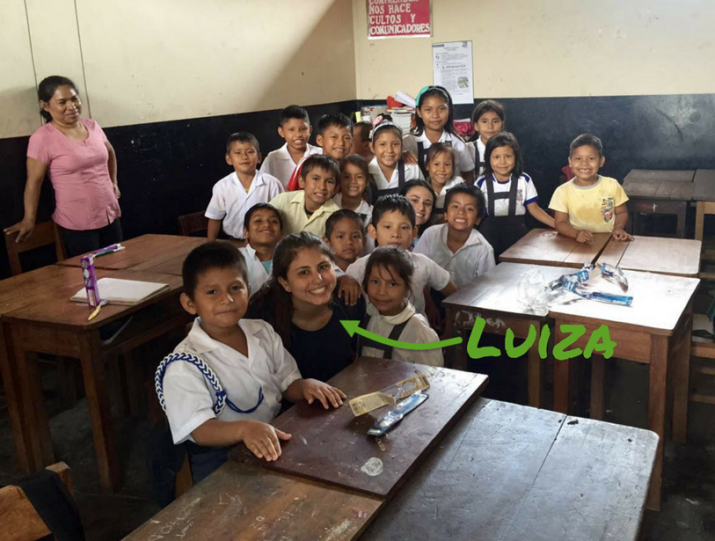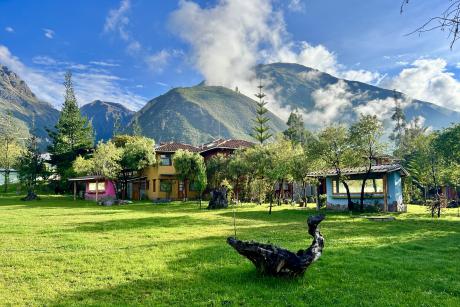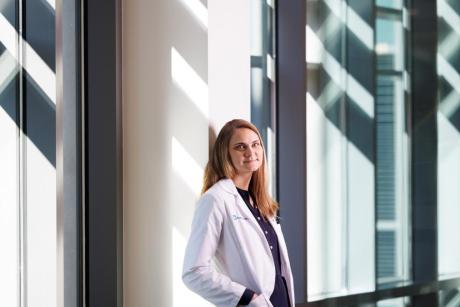Luiza Perez was a member of the 2015-2016 Bass Connections team "Environmental Epidemiology in Latin America: Leishmania." We talked with her to learn more about the project and her hopes for its outcomes.
Name: Luiza Perez
Hometown: Rio de Janeiro, Brazil
Majors: Global health, co-major TBD, pre-medicine track
Graduation Date: 2019
Why did you join this Bass Connections project?
I wrote my high school thesis on a study of the medical sanitary conditions in the in the Amazon in the late 1990s and how it compared to the famous Carlos Chagas expedition there in 1913. I was hoping to report on the great progress that has been made, but found it to be sadly lacking. I compared the two sets of conditions looking at research studies as well as travel journals and photographs.
Leishmaniasis in particular caught my attention because the incidence skyrocketed between the time that the two sets of data were taken. I chose this project to examine leishmaniasis more closely. I remember staying in on a Saturday night to find something more meaningful with my Duke experience and found in this project an amazingly great fit.
What has been the best part of Peru/the project?
The group. We really get along and we have become close in a short time. We have shared what we find to be funny situations together, including bedbugs and missing flights and have made everything fun and positive. We are all eager for our project to succeed. Our interaction with the professors on the project has been great.
What do you hope to accomplish as part of this project?
I came here with the desire to see the Amazon that had been described in Chagas’ journals and participate in something that would improve people’s lives. I wanted to experience this part of Latin America, knowing that it is a huge treasure. I wanted to interact with the people, to learn from them. It really seemed like a once-in-a lifetime opportunity to live in the Amazon and see the world in a completely new and different way.
Why did you decide to major in global health?
I have always known that I wanted to be a doctor. I am concerned with health, but not necessarily just individual care. Looking at a population is very important. Growing up in Brazil, I witnessed a lot of social problems and inequality in daily life. I thought by studying global health that I could do something bigger than simply caring for one person at a time. I want to dedicate my time to making a difference in the larger scheme.
To learn more about the team's work in Peru, view our multimedia feature and video about the project.



